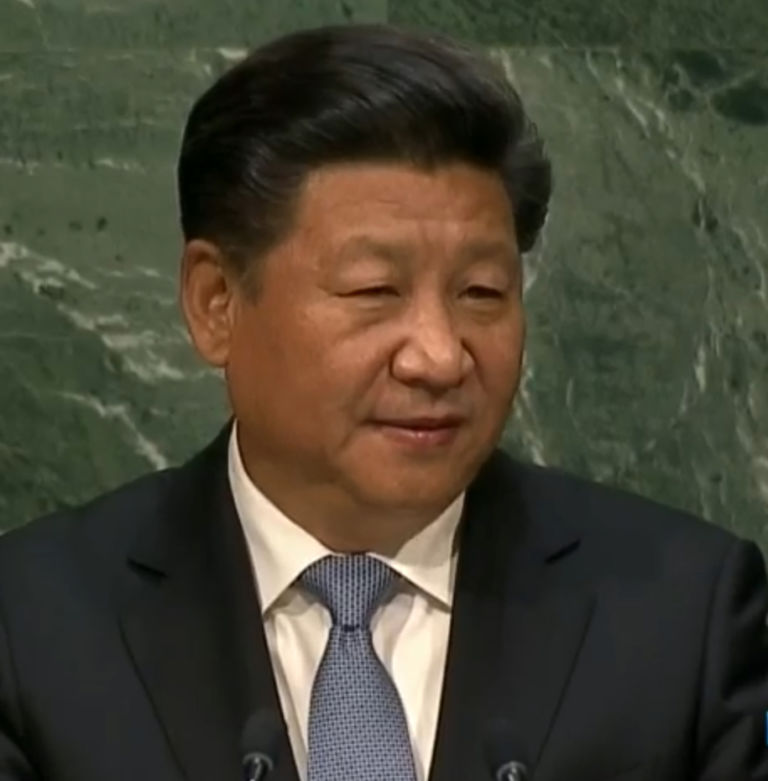Victor Davis Hanson argues in his latest National Review Online column that the Obama administration’s actions have marked an abrupt change after more than 60 years of relatively consistent post-World War II American foreign policy.
For all the policy blunders and moral hypocrisies of the last 70 years, American strategy mostly worked and thus created the present globalized world. American foreign policy ensures its continuance. At times, isolationists unduly prevented U.S. police action; at other moments, nation-builders naïvely thought they could remake the Third World into the image of the West. Sometimes interventions worked, at other times not so well; there would be no Hyundai or Samsung without the Korean War, even as Vietnam was lost to Communism. Iraq was finally freed from a genocidal monster who turned oil money into death for his own people and his neighbors; but it was not firmly set on the path of constitutional government after the abrupt American pullout.
Over the last five years, those long-held strategic principles have largely been ignored or rejected by the Obama administration. There is real doubt today that the U.S. would risk coming to the aid of South Korea, Japan, or Taiwan. If Putin tomorrow sent a division into Estonia to deliberately provoke an Article V NATO response, he might well not get one — and therefore may well try. If Iran tested a bomb next year, the U.S., for all its now-trite “unacceptable” and “outrageous” talk, would likely shrug and assume that a nuclear Iran was analogous to a nuclear Pakistan or Israel and thus no big deal. Our allies assume that since 2009 American friendship is mostly rhetorical or ceremonial, but no longer exists in the sense of any serious guarantees.
The U.S. might intervene again against a dictator, but only if it could do so by leading from behind, with other powers in the front line, and only if the target were weak and clearly tottering. So, for example, we followed France and the United Kingdom into Libya, once it was evident that Qaddafi’s days were numbered, while steering clear of unilaterally punishing Syria for WMD use, although thousands more had been killed in Syria than in Libya, by an Assad who had much more fight in him than did Qaddafi. We certainly have had little interest in the Mogadishu-like landscapes into which these two Mediterranean countries have descended. American intervention is currently predicated not on the nature or threat of the rogue regime, but on two criteria: Would removing a rogue killer entail casualties? And: Would other countries lead the intervention?


